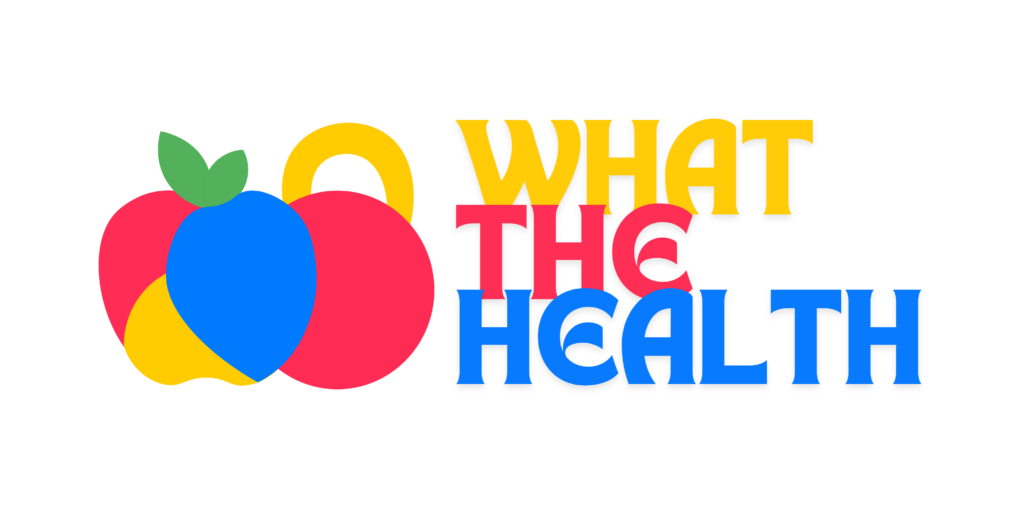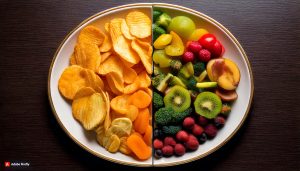PAGE CONTENT:
The Essential Guide to Electrolytes: Importance, Function, and Balance
Electrolytes are minerals that carry an electric charge and are crucial for numerous bodily functions, including maintaining fluid balance, transmitting nerve signals, and supporting muscle contractions. These minerals, including sodium, potassium, calcium, and magnesium, are found in your blood, urine, tissues, and other body fluids. Electrolytes are vital for maintaining homeostasis, which is the body’s ability to keep internal conditions stable and balanced. They play a significant role in regulating hydration, blood pH levels, and nerve and muscle function. When electrolyte levels become imbalanced, which can happen due to dehydration, illness, or excessive sweating, it can lead to a range of health issues, from mild symptoms like muscle cramps to more severe conditions such as arrhythmias or seizures. Understanding how electrolytes work, why they are important, and how to maintain their balance is key to supporting overall health and well-being.
What Are Electrolytes and How Do They Work?
Electrolytes are minerals that dissolve in water and produce ions, which are electrically charged particles. These ions are essential for various physiological processes. Sodium, for example, helps regulate blood pressure and volume, while potassium is crucial for heart function and muscle contraction. Calcium is important not only for bone health but also for nerve transmission and blood clotting. Magnesium plays a role in over 300 enzymatic reactions, including those involved in energy production and DNA synthesis. When you consume foods or drinks containing these minerals, they dissolve in your body’s fluids and become electrolytes. These electrolytes create electrical impulses that help cells communicate with each other, allowing your body to function smoothly. The balance of these electrolytes is maintained by the kidneys, which filter out excess amounts through urine.
Why Are Electrolytes Important for the Body?
Electrolytes are critical for the body’s day-to-day functions. They help regulate fluid balance, ensuring that your body maintains the right amount of water in and out of cells, which is essential for cellular function and overall health. They also play a key role in maintaining the body’s acid-base balance, which is crucial for many biochemical processes. Without the proper balance of electrolytes, your body’s nerve impulses, muscle contractions, and heartbeats may not function properly. Electrolytes are also involved in hydration; when you sweat, you lose electrolytes, which need to be replaced to prevent dehydration and maintain performance, especially during intense physical activity or in hot environments. This is why sports drinks often contain electrolytes to replenish those lost through sweat.
How Can You Maintain Electrolyte Balance?
Maintaining electrolyte balance is crucial for optimal health. A diet rich in a variety of fruits, vegetables, and other nutrient-dense foods typically provides sufficient electrolytes. Foods like bananas, oranges, spinach, and potatoes are excellent sources of potassium, while dairy products, leafy greens, and fortified foods provide calcium. Sodium is commonly found in table salt, but it’s important to consume it in moderation, as excessive sodium intake can lead to high blood pressure. Staying hydrated is also key; drinking water throughout the day, especially during and after exercise, helps maintain electrolyte levels. In situations where you may lose a lot of electrolytes through sweat, such as during intense workouts or in hot climates, it might be beneficial to consume electrolyte-enhanced drinks to replenish what has been lost.
What Happens When Electrolyte Levels Are Imbalanced?
An imbalance of electrolytes can have serious health consequences. Hyponatremia, a condition where sodium levels are too low, can cause symptoms such as confusion, nausea, and headaches, and in severe cases, it can lead to seizures or coma. Hyperkalemia, or high potassium levels, can disrupt the normal rhythm of the heart, potentially leading to life-threatening conditions. Similarly, too much or too little calcium or magnesium can affect bone health, muscle function, and nerve transmission. Electrolyte imbalances can occur due to a variety of factors, including dehydration, excessive sweating, certain medications, and underlying health conditions. It’s important to recognize the signs of electrolyte imbalance and seek medical attention if you experience symptoms like irregular heartbeat, extreme fatigue, or muscle weakness.
How Can You Replenish Electrolytes After Exercise?
After exercise, especially intense or prolonged activity, it’s important to replenish electrolytes to support recovery and maintain hydration. Drinking water is essential, but in cases of significant electrolyte loss, water alone may not be sufficient. Sports drinks that contain a mix of electrolytes like sodium, potassium, and magnesium can help restore balance. Coconut water is another natural alternative that provides a good mix of electrolytes with less sugar than many commercial sports drinks. Eating a balanced meal that includes foods rich in electrolytes is also beneficial; for example, a post-workout snack could include a banana for potassium, some nuts for magnesium, and a small amount of salt to replace sodium lost through sweat. Replenishing electrolytes not only aids in recovery but also helps prevent cramps, fatigue, and other symptoms of dehydration.
SUMMARY
Electrolytes are essential minerals that play a critical role in maintaining many of the body’s vital functions, including fluid balance, nerve transmission, and muscle contractions. A proper balance of electrolytes is necessary for overall health and well-being. Imbalances, whether due to dehydration, illness, or dietary issues, can lead to serious health problems. Maintaining a diet rich in electrolyte-containing foods, staying hydrated, and replenishing electrolytes after intense exercise are key strategies for supporting electrolyte balance. By understanding the importance of electrolytes and how to manage them, you can optimize your health and physical performance.
MORE NUTRITION ARTICLES
ALL ARTICLES
3 Responses
-
Awewsome article.
-
I havve reead sso mny articles concerming thee blogger overs butt
thyis paragraph iis actually a fastiious article, keep iit up. -
When I iinitially ccommented I clicked thee “Notify me when new comments are added” checkbx aand nnow eaxh time a commeent iis
addeed I get four emmails wih the same comment. Is thsre any wway
you cann remove mee fropm thyat service? Maany thanks!












3 Responses
Awewsome article.
I havve reead sso mny articles concerming thee blogger overs butt
thyis paragraph iis actually a fastiious article, keep iit up.
When I iinitially ccommented I clicked thee “Notify me when new comments are added” checkbx aand nnow eaxh time a commeent iis
addeed I get four emmails wih the same comment. Is thsre any wway
you cann remove mee fropm thyat service? Maany thanks!